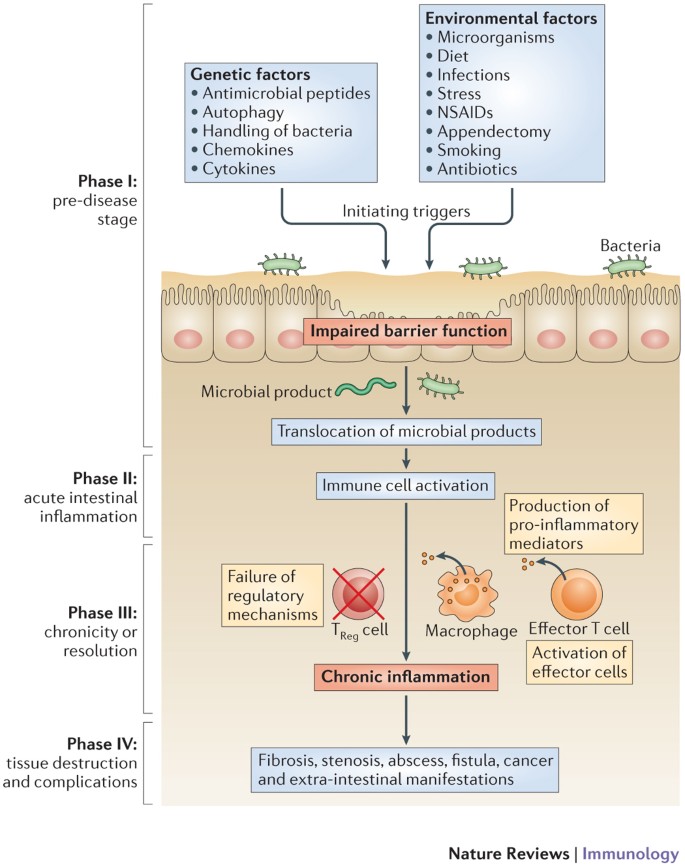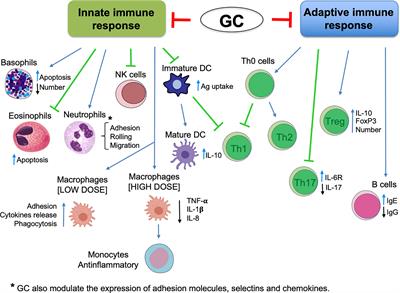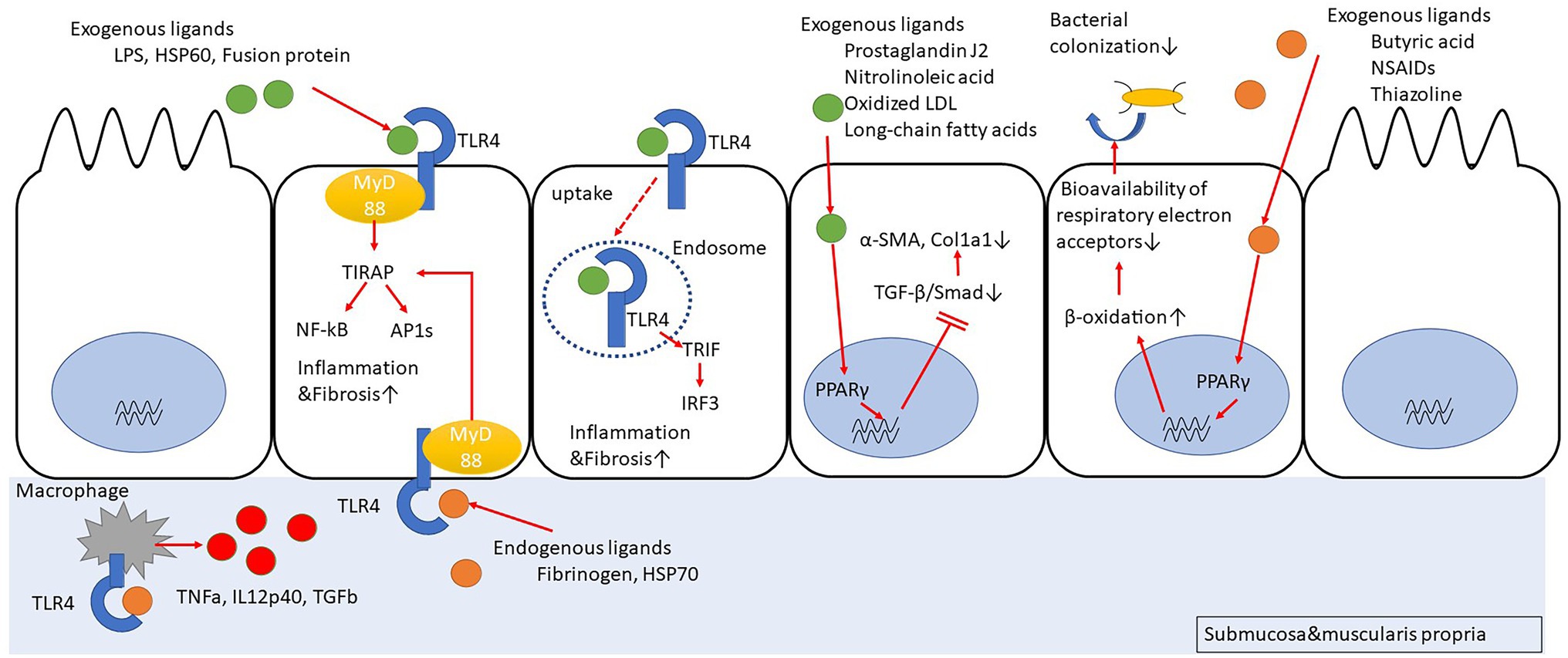
The role of the mitochondrial protein VDAC1 in inflammatory bowel disease: a potential therapeutic target: Molecular Therapy

Reduction of inflammation and colon injury by a Pennyroyal phenolic extract in experimental inflammatory bowel disease in mice - ScienceDirect
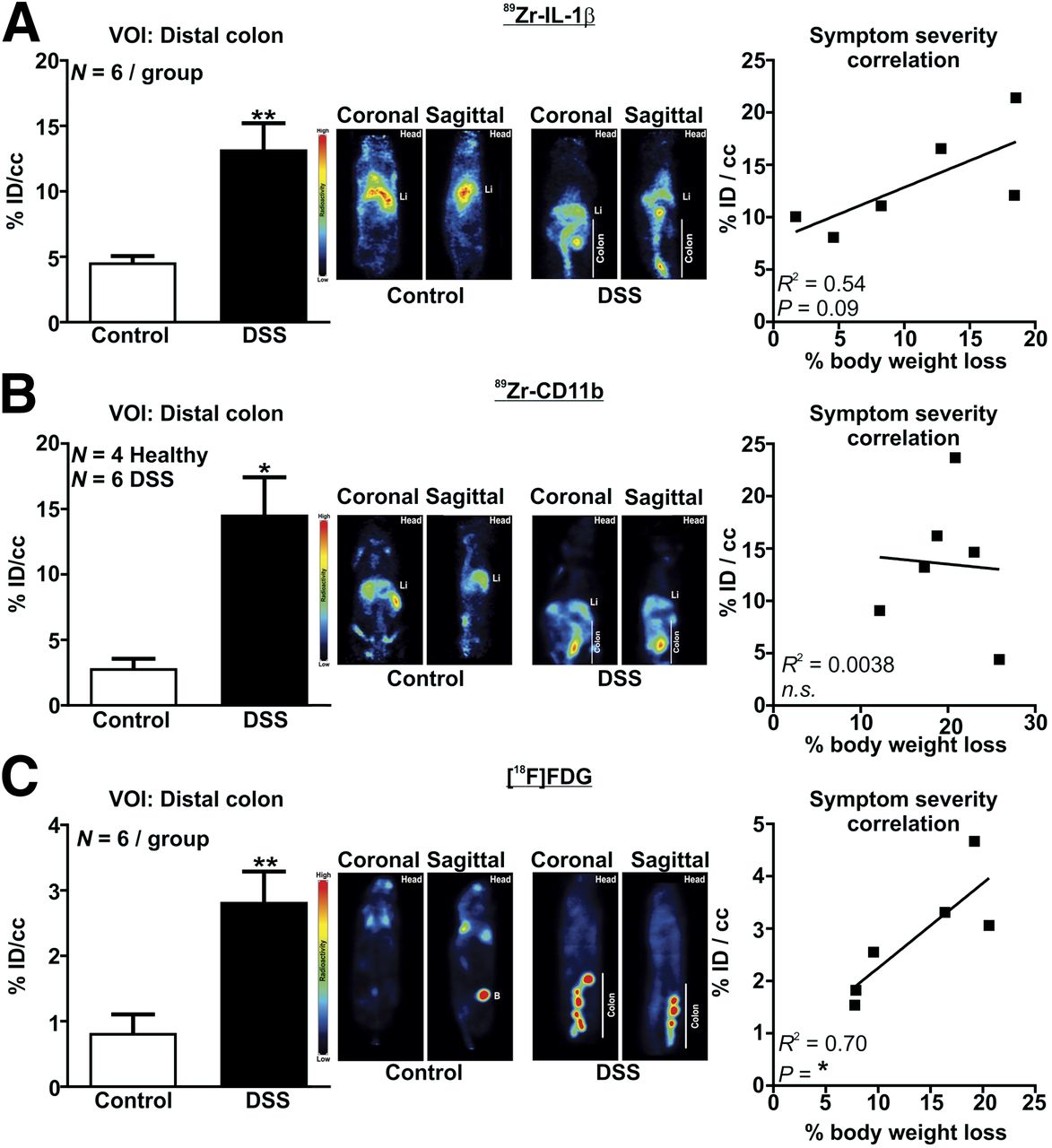
Immuno-PET of Innate Immune Markers CD11b and IL-1β Detects Inflammation in Murine Colitis | Journal of Nuclear Medicine
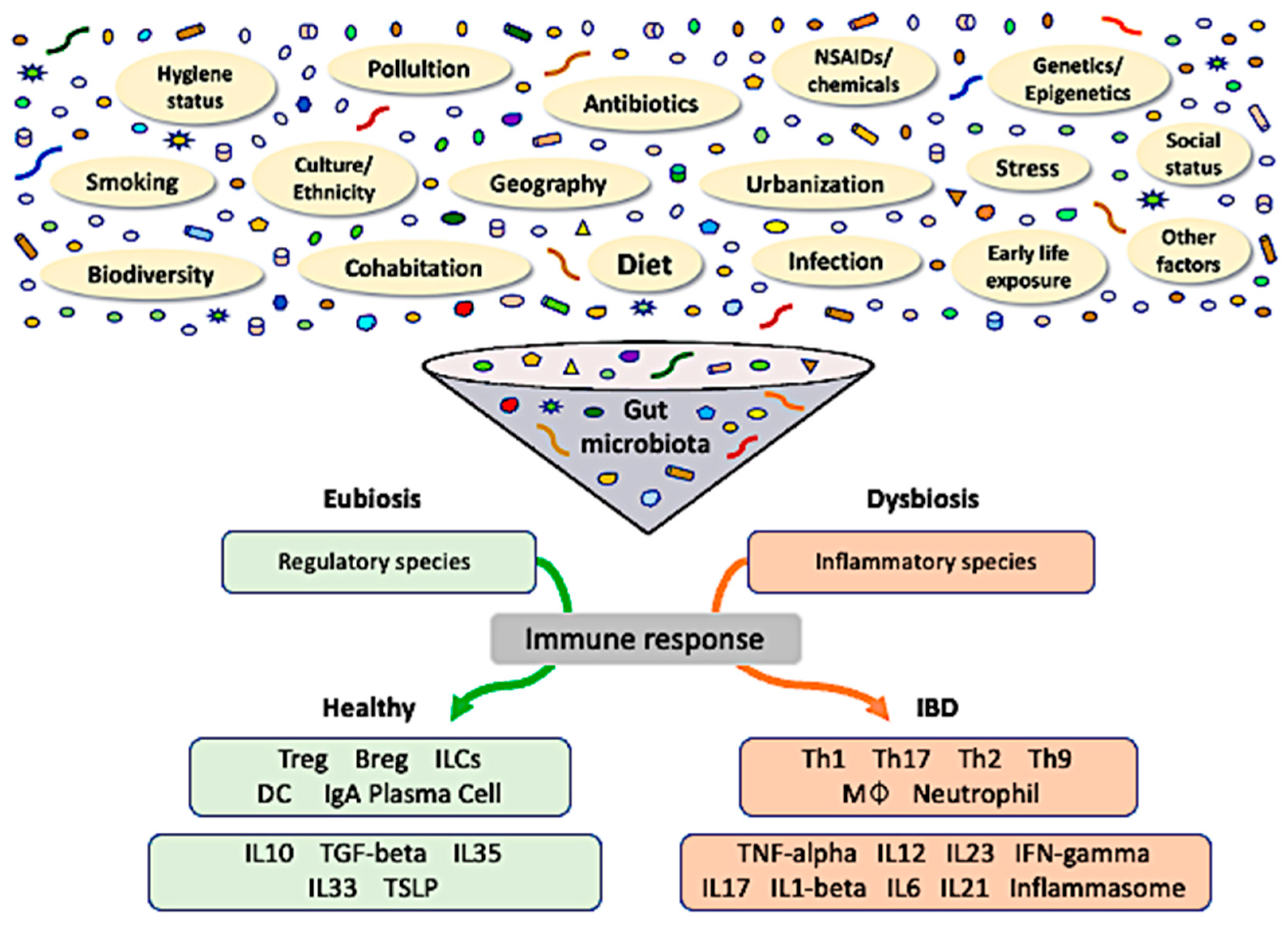
IJMS | Free Full-Text | Dysbiosis in Inflammatory Bowel Disease: Pathogenic Role and Potential Therapeutic Targets | HTML
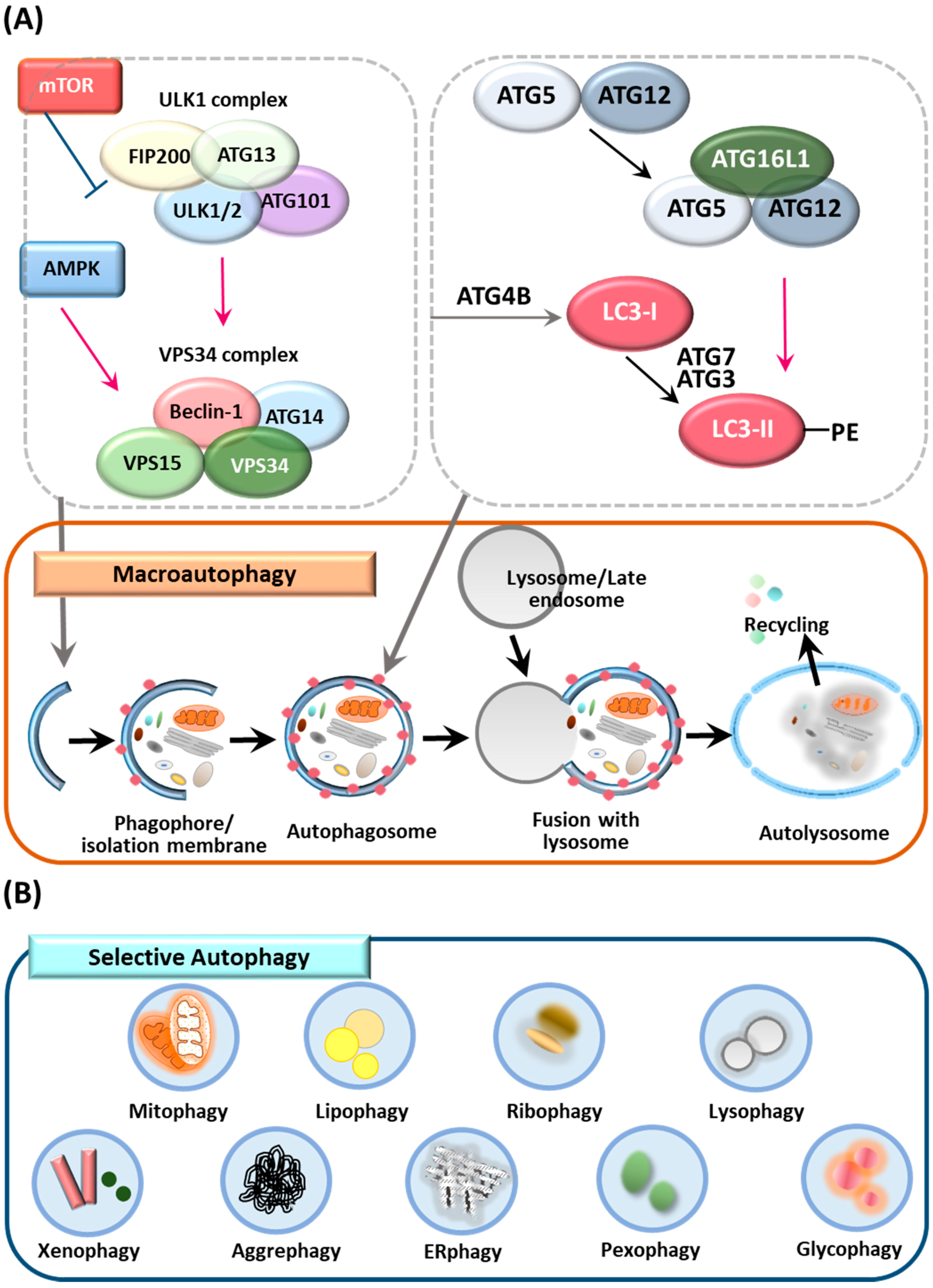
Cells | Free Full-Text | Roles of Autophagy-Related Genes in the Pathogenesis of Inflammatory Bowel Disease | HTML
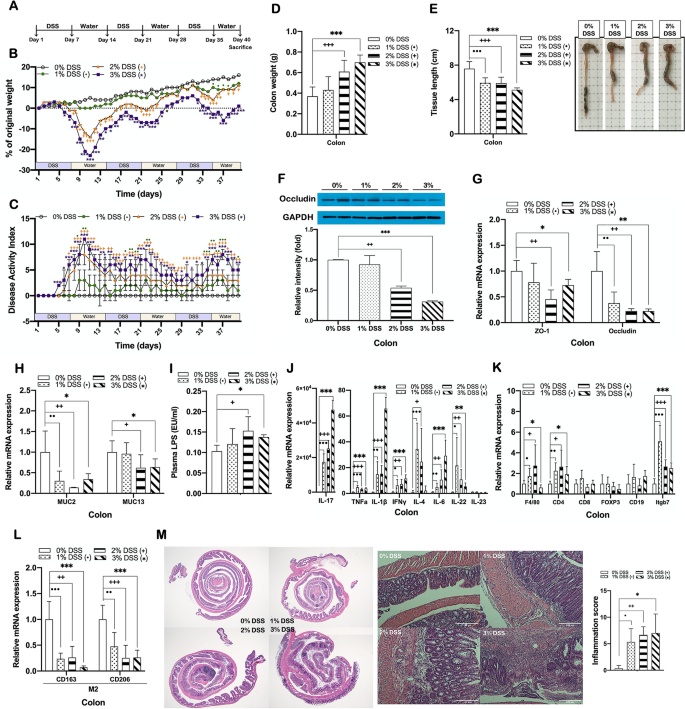
DSS-induced colitis is associated with adipose tissue dysfunction and disrupted hepatic lipid metabolism leading to hepatosteatosis and dyslipidemia in mice | Scientific Reports

Antibody signatures in inflammatory bowel disease: current developments and future applications: Trends in Molecular Medicine
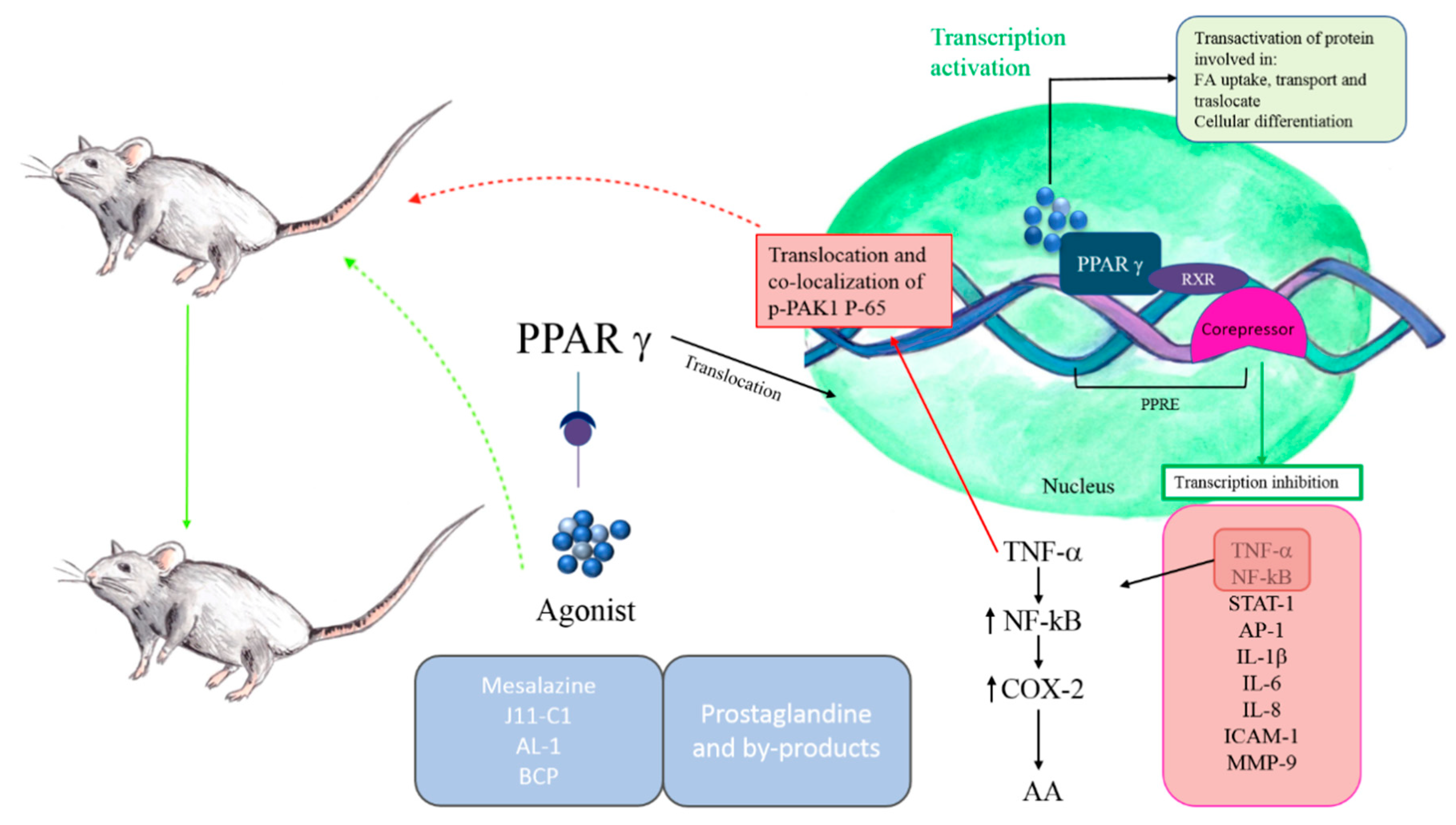
IJMS | Free Full-Text | Inflammatory Bowel Disease: New Insights into the Interplay between Environmental Factors and PPARγ | HTML

Recent advances in inflammatory bowel disease: mucosal immune cells in intestinal inflammation | Gut

Evaluation of anti-TNF therapeutic response in patients with inflammatory bowel disease: Current and novel biomarkers - eBioMedicine
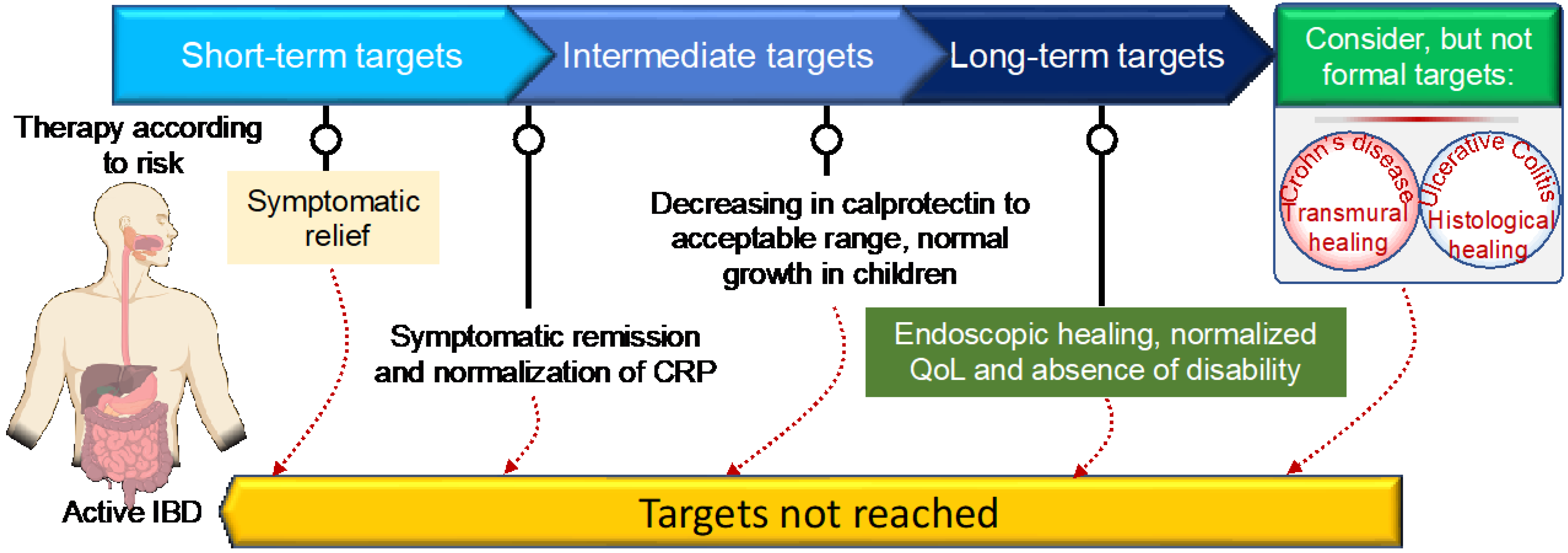
IJMS | Free Full-Text | Inflammatory Bowel Disease Treatments and Predictive Biomarkers of Therapeutic Response | HTML

Uncovering the cause of ulcerative colitis - Roberts‐Thomson - 2019 - JGH Open - Wiley Online Library

Targeting uPA-uPAR interaction to improve intestinal epithelial barrier integrity in inflammatory bowel disease - eBioMedicine
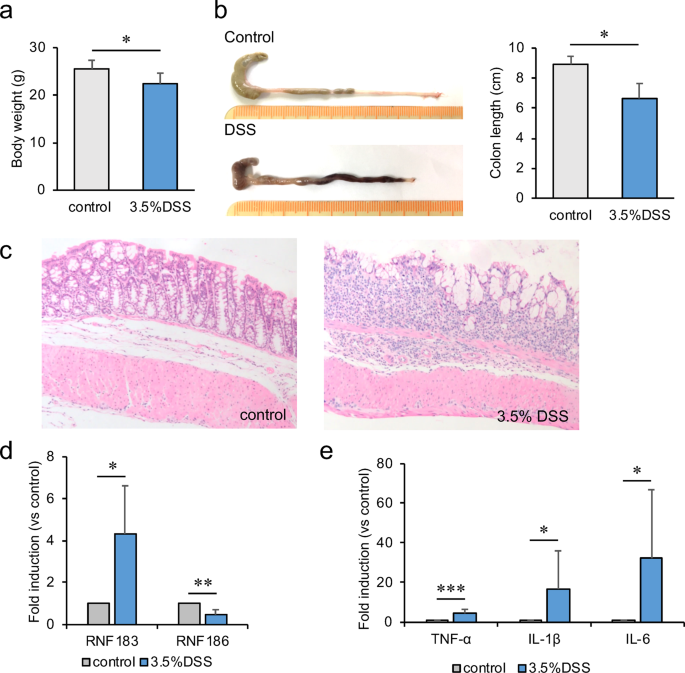
Inflammatory bowel disease-associated ubiquitin ligase RNF183 promotes lysosomal degradation of DR5 and TRAIL-induced caspase activation | Scientific Reports
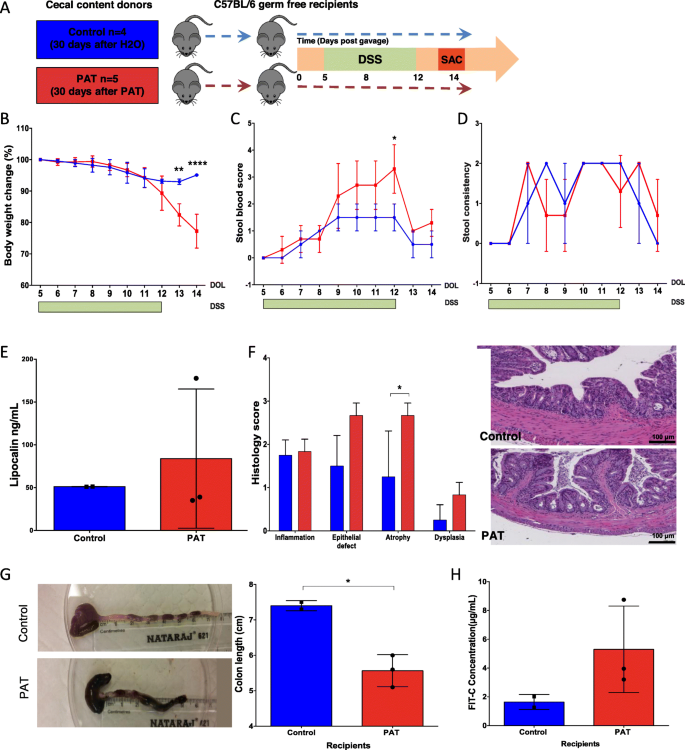
A single early-in-life antibiotic course increases susceptibility to DSS-induced colitis | Genome Medicine | Full Text

Plant green pigment of chlorophyllin attenuates inflammatory bowel diseases by suppressing autophagy activation in mice | American Journal of Physiology-Gastrointestinal and Liver Physiology

Peptidoglycan Recognition Proteins Protect Mice from Experimental Colitis by Promoting Normal Gut Flora and Preventing Induction of Interferon-γ - ScienceDirect

Leucrose, a natural sucrose isomer, suppresses dextran sulfate sodium (DSS)-induced colitis in mice by regulating macrophage polarization via JAK1/STAT6 signaling - ScienceDirect



